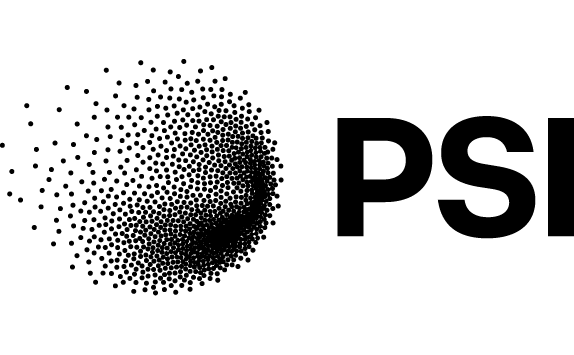
Thursday, March 6, 2025, 16:00
WHGA Auditorium
Andreas Pautz, PSI & EPFL
Abstract:
After a decade of silence, nuclear reactor technology seems to have a
comeback these days as a viable source of low-carbon electricity
generation, and is seen by many as a desirable or even necessary
complement to a future power system dominated by volatile renewable
energies. While nuclear power is currently dominated by large-scale
nuclear power plants (at 1 GW rated power and beyond), we are currently
observing a paradigm shift towards smaller units (Small Modular
Reactors, SMR), which are anticipated to replace the 'economy-of-scale'
by 'economy-of-production', by providing pre-fabricated factory-built
small modules yielding simpler construction sites, with costs per kWh in
the same range as large power plants. Increasingly, these reactors are
also not of the traditional Light Water Reactor Technology anymore, but
rather use so-called Generation-IV technologies, based on other fuel
forms and different coolants. The promise of such technologies is a
boost in economic performance, a significant improvement in safety, a
circular and thus more sustainable fuel economy, and the proliferation
resistance of nuclear fuels. The Center for Nuclear Engineering and
Sciences of PSI is participating in some of these developments; our
activities will be illustrated on the example of the recently initiated
collaboration with the Danish startup company Copenhagen Atomics, which
has the goal to run a first-of-its-kind Molten Salt Reactor experiment
on the PSI premises by 2027.